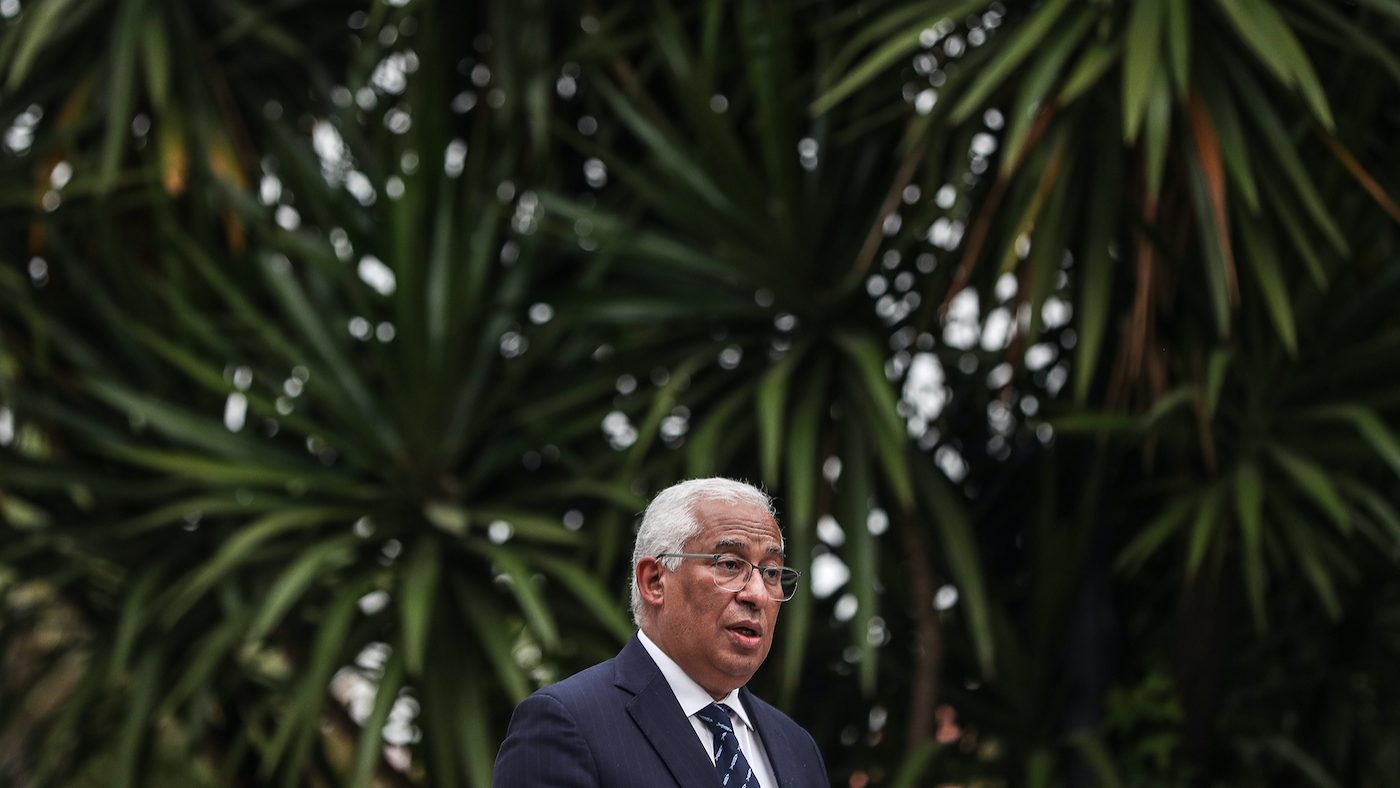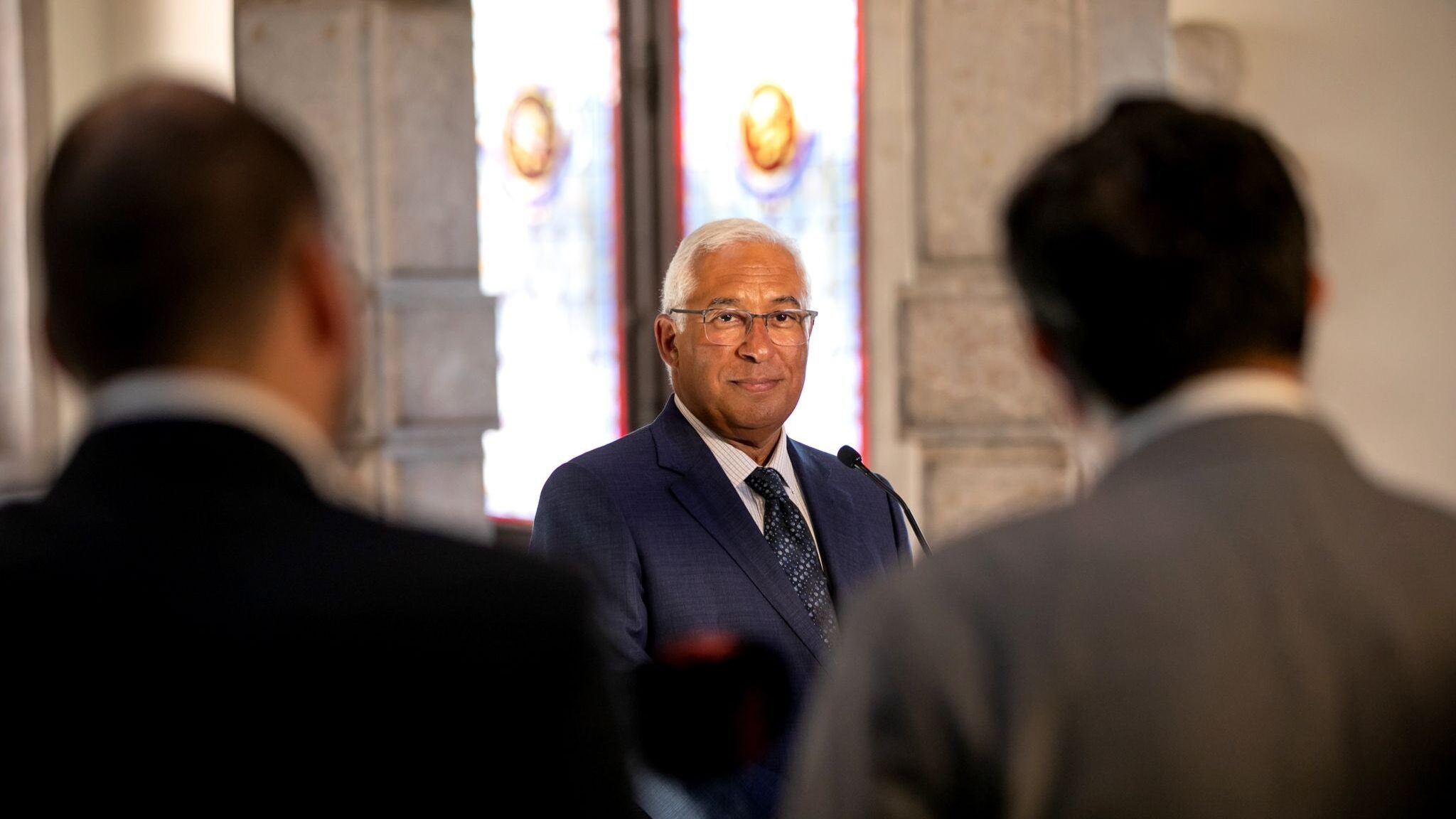PM recalls country’s role in European arrest warrant covering bribery
"Corruption should concern us all, whether in Portugal, Germany, Switzerland or the European Union," António Costa responded to concerns expressed in a debate in parliament.
The scandal of alleged corruption in the European Parliament (EP) has prompted Portugal’s prime minister, António Costa, to recall the country’s role in ensuring that the crime was included as an object of the European arrest warrant.
“Corruption should concern us all, whether in Portugal, Germany, Switzerland or the European Union,” Costa responded to concerns expressed in a debate in parliament to prepare for Thursday’s European Council, notably by André Ventura, leader of the populist Chega party, Mariana Mortágua of the Left Bloc (BE), and Rui Tavares, of Livre.
The prime minister said that he was proud to have played a role in making the crime of corruption the subject of the European arrest warrant, which is a simplified cross-border judicial procedure for surrender for prosecution or execution of a sentence or detention order, issued by the judicial authorities of EU countries and valid throughout the territory of the bloc, and which has been in operation since 1 January 2004.
Tavares said he expected this issue to dominate the summit agenda because “credibility in the EP … cannot be lost from one moment to the next” and he advocated that the EU be given an investigation agency of its own, because these crimes “are not Greek, Italian or Belgian; they are European crimes.”
Ventura, for his part, said that it was “important for the European Council to issue a position on this matter” and for the prime minister to “convey the message of insistence” on strict rules in this area.
Mortágua said that the case of the arrest of Eva Kaili, a member of the EP for Greece’s Socialist Party, for alleged involvement in a corruption scandal shows that the European institutions are not immune to corruption but, on the contrary, that lobbying “has become a business in Brussels”.
In his response to members’ questions, Costa also expressed unequivocal support for the way the EP president, Roberta Metsola, had reacted to what he called “this regrettable case” and recalled that Portugal is a party to the EU Convention on the fight against corruption and, like other EU member states, of the Council of Europe’s committees on combating this type of crime.
The European Parliament on Tuesday removed Kaili, one of its vice-presidents, from that office, a decision that was approved by 625 votes in favour, one against and two abstentions.
The procedure was triggered by a decision of the conference of presidents (the EP president and leaders of the various political groups in the assembly) but Metsola had already announced at the start of the plenary session her intention to launch the procedure “to terminate” Kaili’s mandate “in an effort to ensure the integrity” of the institution.
Kaili, who had already been suspended and subsequently expelled from the Socialists and Democrats (S&D) parliamentary group, is being held by the authorities in Belgium for her alleged involvement in a corruption case believed to relate to bribes from Qatar to influence decisions by the European Parliament concerning the staging of the 2022 football World Cup in that country.


